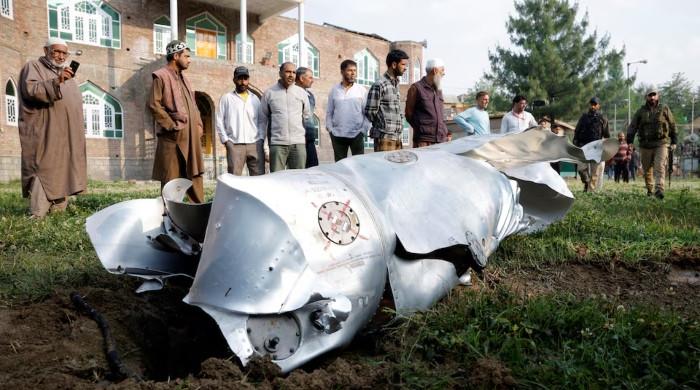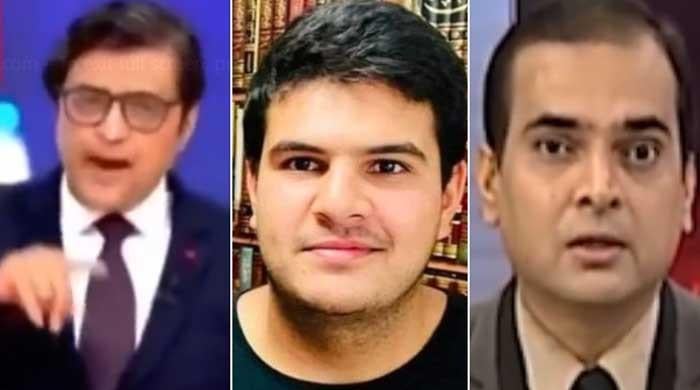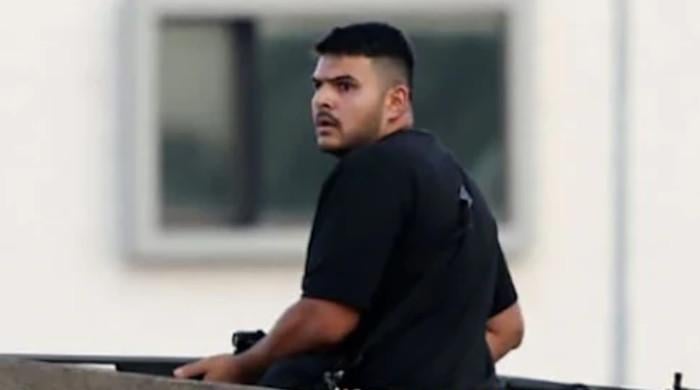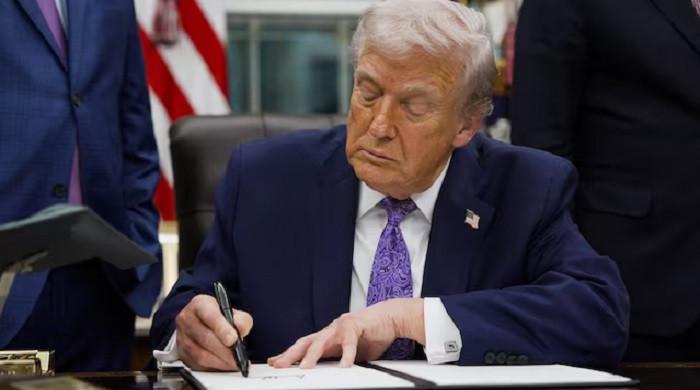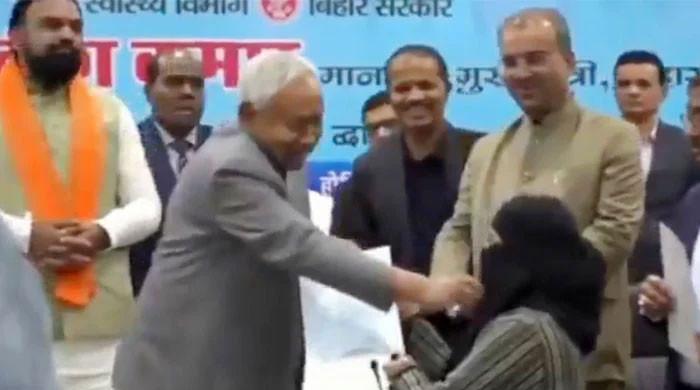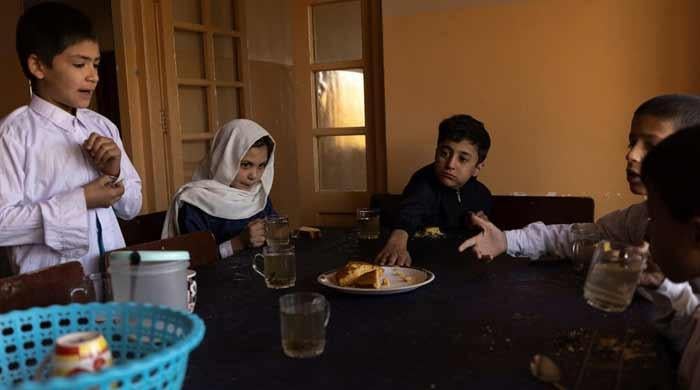Bomb blast in Kabul kills eight, injures more than 20
Blast occurred in western district of the city where members of the minority community regularly meet
August 06, 2022
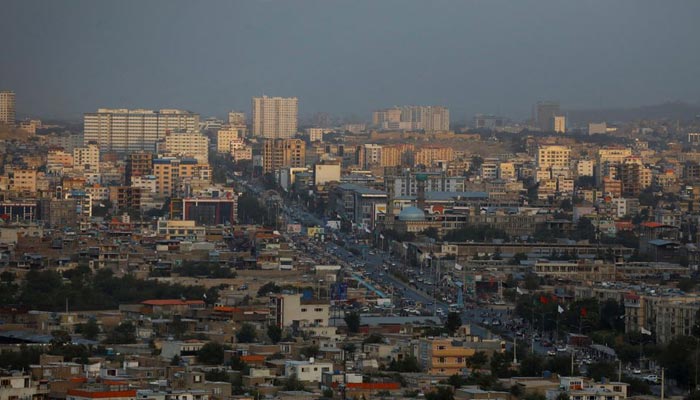
- Blast occurred in western district of the city.
- Video footage shows ambulances rushing to the scene.
- No group immediately claimed responsibility for the attack.
KABUL: A bomb blast in a busy shopping street in Afghanistan's capital Kabul on Saturday killed at least eight people and injured 22, hospital officials and witnesses said.
The bomb exploded in a western district of the city where members of the minority community regularly meet. Daesh claimed responsibility for the attack, the group said on its Telegram channel.
A senior medical officer at a private hospital said at least eight people died and 22 were wounded.
An Interior Ministry spokesman said an investigation team was at the blast site to help the wounded and assess casualties.
Video footage posted online showed ambulances rushing to the scene, which is also near bus stations.
The attack came ahead of Ashura, a commemoration of the martyrdom of Hussein, a grandson of the Prophet Muhammad (PBUH), which is marked mainly by the minority group.
On Friday, at least eight people were killed and 18 injured in a blast in Kabul carried out by Daesh.
Daesh does not control any territory in Afghanistan but does have deadly sleeper cells that have been targeting religious minorities in the country as well as Taliban patrols.
Taliban authorities, who took over Afghanistan in August last year after a two-decade insurgency, have said they would provide more protection for minority mosques and other facilities.
Sayed Kazum Hojat, a religious scholar in Kabul, said the Taliban government had ramped up security ahead of Ashura but should improve vigilance for any threats.
No up-to-date census data exists, but estimates put the size of Afghanistan's minority community at between 10-20% of the 39 million population, including Persian-speaking Tajiks and Pashtuns as well as Hazaras.




